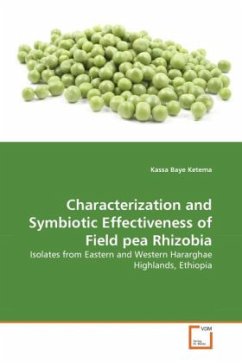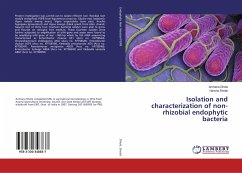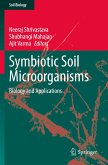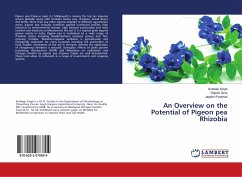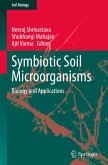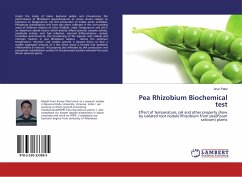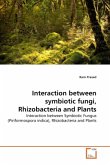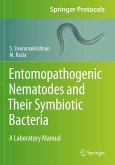This study was initiated to isolate, characterize and evaluate the symbiotic effectiveness of field pea rhizobial isolates from Eastern and Western Hararghae highlands. A total of 25 isolates were induced from soils of each districts. Evaluations of the symbiotic potential of isolates were made in greenhouse on sand culture followed by test of eight effective isolates on soil of Hirna. Experiments were arranged in RCBD with three replications and two controls. Physiological tests were conducted on the eight effective isolates. Presumptive test and cultural characterization result revealed that isolates were root nodule bacteria. 92% of the isolates improved shoot dry weight of the plants over the N- control. Effectiveness rating result also showed that, isolates were effective(1), very effective(23) and ineffective(1). Inoculation results of the eight isolates in soil indicated that the highest dry weight of shoot was recorded by HUFPR20.The isolates showed diverse characteristics in their tolerance of pH, temperature, salt and intrinsic heavy metal resistance. Generally, isolate HUFPR20 is recommended for use as field pea inoculant upon further testing on field condition.

